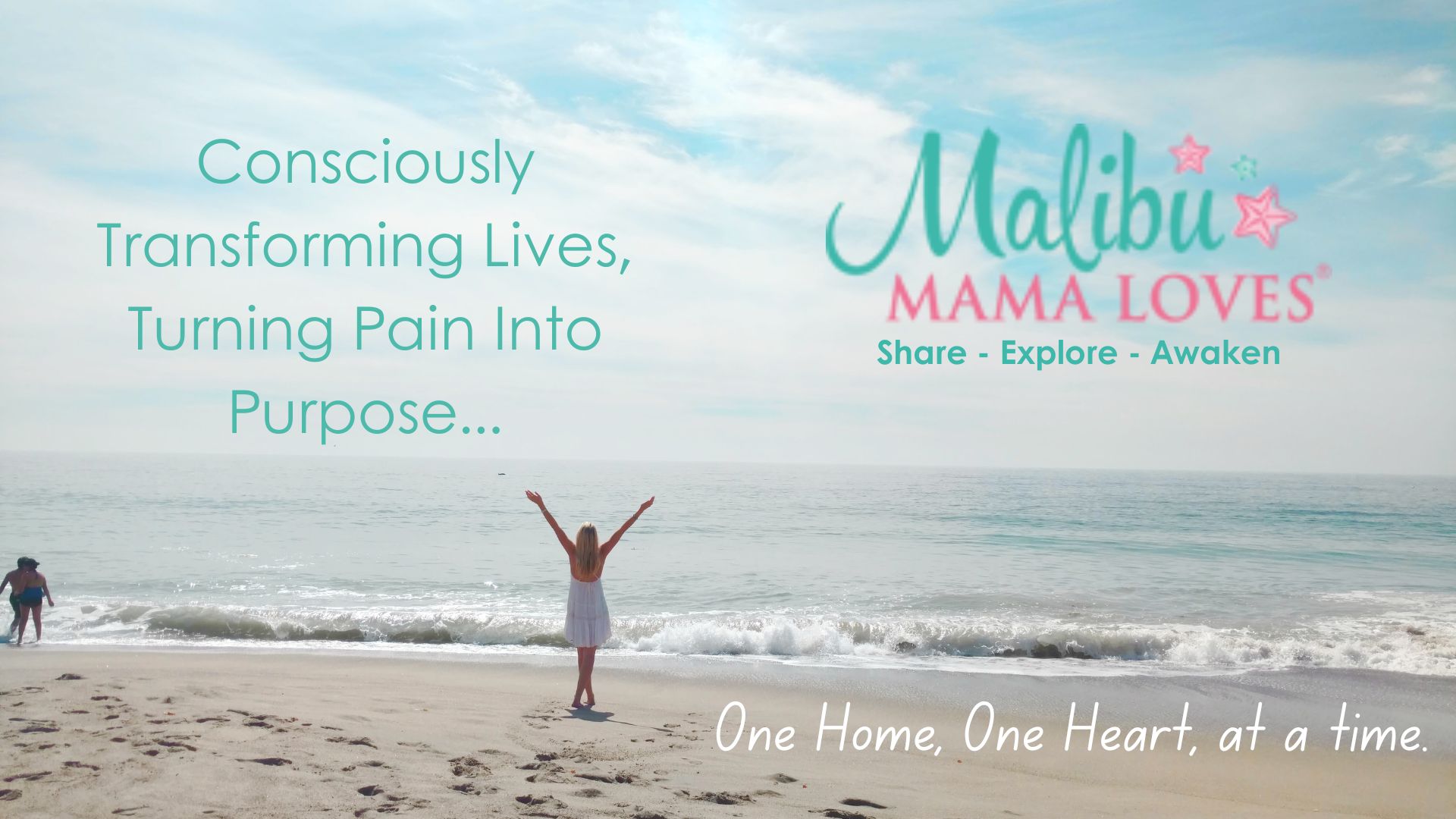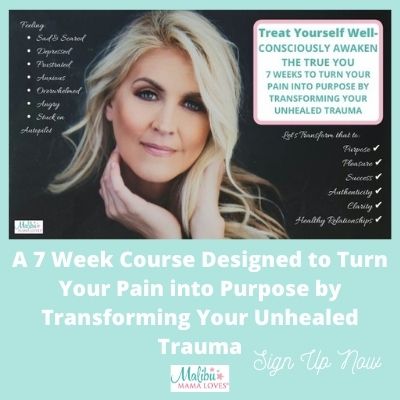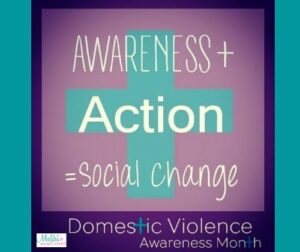Trauma Bonding Explained
One of the worst things about a toxic relationship is trauma bonding. Trauma bonding creates powerful feelings that are completely confusing and so so real…
What Is Trauma Bonding?
Trauma bonds are deep, emotional bonds with an individual rooted in reoccurring cyclical patterns of abuse or devaluation followed by positive reinforcement. When we experience long term abuse, our sympathetic nervous systems become activated placing you in a hypervigilant state, regularly shutting down the parts of the brain that perform your risk analysis (meaning if you are in danger and at what level, the ability to properly assess situations) and your long-term planning ability. You will be in constant fight, flight, freeze or fawn mode, always walking on eggshells.
Our brains are simply no longer functioning properly.
This is how the confusion sets in. Feelings of pain and wanting the person who caused the pain to fix it, believing they are the ONLY 1 who can make things ok. That you may have deserved the pain and the reward you are desperately waiting for will be along soon.
How Are Trauma Bonds Formed?
The abuse will most likely take you completely by surprise and have you feeling completely confused for a long time. It is a horrible cycle of pain and pleasure. It can happen:
- Within a toxic relationship
- From greek hazing
- In military training
- Between child and caregiver
- Between senior and caregiver
- During a kidnapping
- Within cults
- Within prisons
- Within concentration camps
- During human trafficking
Trauma bonding happens because of our bodies natural response to stress. When we become stressed regularly and at a high level, our sympathetic nervous system kicks into high gear for an extended period of time preventing us from thinking straight and putting us into survival mode creating neural pathways that do not serve us.
Simply put, we are no longer in control.
Signs Of Trauma Bonding
Some red flags that indicate you are possibly trauma bonded are:
- Relationship moves at a very fast pace
- Some form of trauma occurs very soon within the relationship
- You make huge life changes quickly for the relationship
- You disappear or start to drift away from family and friends to please the relationship
- You develop an extreme fear of leaving the relationship
- You believe the other persons opinion as more value than your own
- There is a power imbalance within a relationship
- You are always walking on eggshells, never sure of what is going to happen next
- When you are hurting the most, you are also the most desperate for that person to fix you
- Your feelings confuse you
- You continue to trust them hoping they change
- You protect them by keeping their abusive secrets at all costs
- You have to constantly make excuses for their behavior
Ask yourself this, if your child or best friend was in your shoes, would you encourage them to leave or stay?
If you immediately thought yes, but feel completely powerless to leave your own relationship, that is a strong indicator of trauma bonding.
The good news is that you can reframe those neural pathways, you can learn to get back to your True You, join our masterclass that is designed specifically to turn your pain into purpose here.
Join us here on Conscious Straight Talk With Katie & Lindsey as we take a deeper look at trauma bonding:
What are your thoughts on trauma bonding, be sure to leave them in the comments. It affects so many of us.
Malibu Mama Loves Xx



 Hi There! Let's Share ✩ Explore ✩ Awaken together! I am a Mom, true friend, vlogger who travels, raising conscious kids to appreciate life. Welcome to the Malibu Mama Loves Conscious Living Lifestyle!
Hi There! Let's Share ✩ Explore ✩ Awaken together! I am a Mom, true friend, vlogger who travels, raising conscious kids to appreciate life. Welcome to the Malibu Mama Loves Conscious Living Lifestyle!



 Ready To Turn Your Trauma Pain Into Purpose? Join Our FREE Masterclass Click
Ready To Turn Your Trauma Pain Into Purpose? Join Our FREE Masterclass Click 

